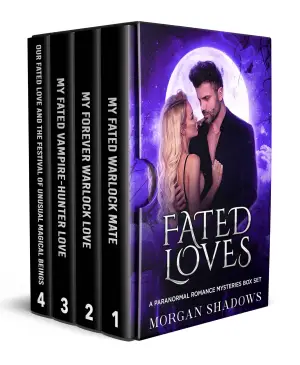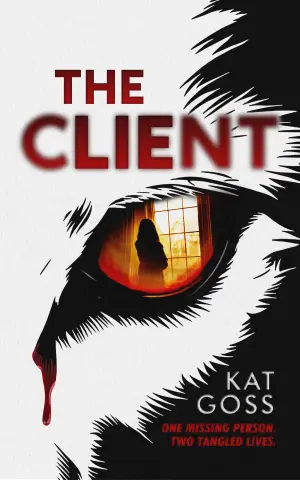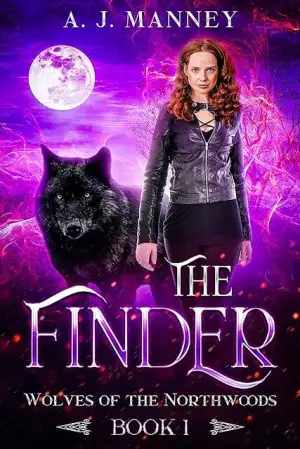Embracing the Depths of History: A Review of Across Five Aprils
There’s something undeniably poignant about stories that weave personal narratives into the fabric of great historical events. When I first picked up Across Five Aprils by Irene Hunt, I was caught by the allure of its premise: a young boy grappling with the tumultuous changes brought forth by the Civil War. As a history enthusiast, I was excited to delve into the past through the eyes of Jethro Creighton, and I found myself utterly captivated.
At its heart, Across Five Aprils is a coming-of-age tale that traces Jethro’s journey from innocence to a youthful maturity forced by the relentless realities of war. Beginning in 1861, Jethro, just nine years old, faces a world where his family is torn apart by conflicting loyalties. This tension is palpable and beautifully illustrated through the family dynamics, especially as Jethro witnesses his brothers enlist—each choosing a side in a war that threatens to dismantle their very lives.
What stood out to me was how Hunt masterfully intertwines the personal with the political. The characters, rich with depth and imperfection, represent not merely a snapshot of history but also the complexities of human relationships during a time of great strife. As Jethro matures over the five years the novel spans, the changes in him are not just reflective of age but born from relentless hardship and the heavy burdens of responsibility. It is a painful yet enlightening transformation that resonated deeply with me; I found myself rooting for Jethro, feeling his fears, frustrations, and ultimately, his resilience.
Hunt’s writing style is both accessible and lyrical, making it easy for younger audiences and enticing for adult readers alike. The pacing is thoughtful, immersing you in the day-to-day struggles of farm life while also peppering in the overarching conflict of the Civil War. I truly appreciated how Hunt incorporates letters and newspaper clippings, creating a vivid tapestry of historical context that enriches the story without overwhelming it. This technique drew me in further, making me feel as though I was part of the community grappling with news from the battlefront.
One moment that particularly struck me was when Jethro grapples with the differing opinions within his family, evoking feelings of empathy and angst. It’s a clear reminder of how division can seep into personal lives, even within the tightest-knit families. This theme of loyalty versus personal conviction felt all too relevant, echoing in today’s world where disagreements can drive wedges between loved ones.
As I closed the book, I found myself reflecting on the delicate balance between the personal and the historical, a relationship that Across Five Aprils illustrates beautifully. This novel is not just for those studying the Civil War; it’s for anyone interested in the human experience—how hardship can catalyze growth, shape identities, and affect relationships.
I wholeheartedly recommend Across Five Aprils to young readers, educators, and anyone eager to explore the emotional landscapes of history. It’s a brisk read, but the impact lingers long after the final page. Irene Hunt has crafted a vital historical narrative that remains significant, reminding us all that beneath every story of war lies a deeply human tale waiting to be heard.
You can find Across Five Aprils here >>





